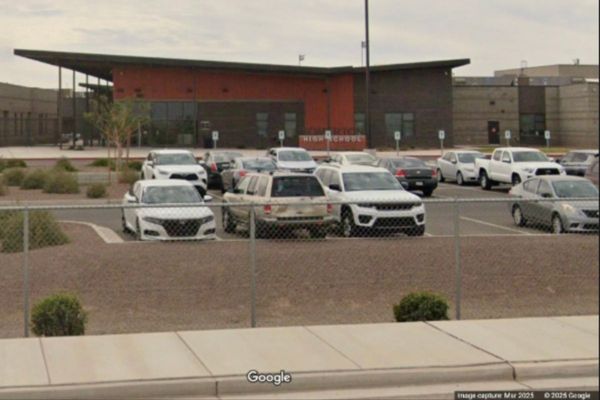
The island of Guernsey may be best known as a tax haven for the super-wealthy, a pleasant holiday destination, and for the rich milk its docile cows produce.
But thanks to a brief sojourn by Pierre-Auguste Renoir 140 years ago, and the bold thinking of culture lovers on the island, it is becoming a draw for art fans.
An exhibition of paintings created by Renoir while he was on Guernsey in September 1883, or inspired by his trip, opens this weekend at the island’s small museum high above the harbour.
Satellite shows have been launched featuring vibrant work created by primary school pupils in response to Renoir and evocative photographs of the landscapes he immortalised taken by an island photographer with the sort of equipment available in the 19th century.
But it goes further. The Renoir connection is proving a wider boost for the island, where by no means everyone is a tax-efficient millionaire, creating jobs, helping revive the Old Quarter of the main town, St Peter Port, and forging links with some of the world’s great cities.
“This is a real celebration, more than an art exhibition,” said Helen Glencross, the head of heritage services on Guernsey. “The place is buzzing. It will be impossible to avoid Renoir – in a positive way. It means a lot to an island of 65,000 people.”

David Ummels, the founder of Art for Guernsey, the driving force behind the Renoir project, said: “When you live on an island, opportunities like this are limited. We are aware our responsibility is to do more than a fine art exhibition.”
The exhibition, Renoir in Guernsey, 1883, has its beginnings in 2019 when Art for Guernsey launched a “Renoir walk”, a set of ornate frames set up in front of the views of Moulin Huet Bay, where the artist painted.
In 2020, Art for Guernsey persuaded artists and collectors to unite to buy one of the Renoirs painted on the island, Rocks in Guernsey with Figures (Beach in Guernsey), and “bring it home”. They succeeded. “If there had been a serious buyer in the room we probably wouldn’t have,” Ummels said. “We had our limit.” Visitors flocked to see the painting in their thousands.

Its presence meant that when they asked some of the world’s greatest galleries if they could borrow a painting for the current show they were taken seriously. Artworks were sent over from the Musée d’Orsay in Paris, the Cincinnati Art Museum in the US, and the National Gallery in London.
For the first time, the Guernsey museum has had to set up bag drop-offs and security checks. It is also offering souvenirs. The bright umbrellas have been the talk of Facebook on the island, though the price of the catalogue (£50) has raised eyebrows.

The exhibition has the trappings of a big-city art show but in miniature. Set up in three modest rooms at the museum, the show of 10 Renoirs feels intimate, personal – and tells a brilliant story.
Ummels said Renoir was at an artistic “dead end” when he arrived on Guernsey and was charmed by the freedom with which swimmers would shed their clothes and plunge into the water – a very different custom to the staid beaches of France and Britain.
After his Guernsey visit, Renoir began focusing on painting nudes in landscapes, which helped him make his mark on the US. “He found a career-shaping inspiration here,” Ummels said.
The positive ripples from the Renoir can be felt across the island.
Andrew Chantrell, the general manager of the Old Government House Hotel and Spa, said its Renoir packages were going well. “It’s a good opportunity for us to bring in more guests in the autumn, when we get some lovely weather.”

The cafe that looks over Moulin Huet has been renamed the Renoir. It serves a tea blended with hibiscus petals, apples, strawberries and bananas named in honour of the artist and organises “sip and paint” sessions. “It’s a no-brainer for us,” said its owner, Natalie Silvester. “Why not make the most of Renoir?”
The town’s Old Quarter is buzzing with independent shops and cafes, partly thanks to Renoir. Art for Guernsey has opened its new gallery here; the framing shop helped mount pieces for the exhibition; works of art hang on the walls of the Mill Street Community Cafe, where customers who cannot afford to pay eat for free.
One of the directors, Sue Devine, said art had helped revive this area of the town and she was delighted at the arrival of the Renoirs. “It’s so special to have such famous paintings here. You go to Paris or wherever and see them but now they are here on our doorstep. It’s amazing.”







